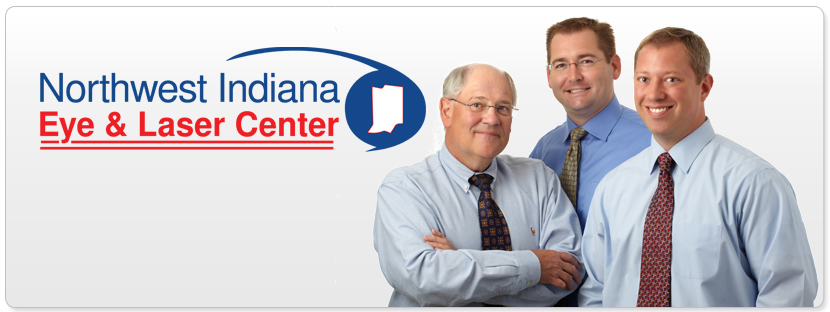Patient understanding of diabeticretinopathy is rather limited according to a recent study exploring patients’ knowledge of the
risk factors, cause and controllability of their own diabetic retinopathy.
The study revealed considerable misunderstanding, gaps in knowledge and
potentially damaging beliefs about the cause and treatment of diabeticretinopathy.
Focus groups and interviews were
conducted with 57 patients with diabetic retinopathy (DR), nearly half of whom
had severe proliferative DR-a serious complication. Most of these patients had
also undergone laser treatment. At the conclusion of the study, patients were
found to have had a reasonable understanding of the basic risk factors for DR,
such as diabetes control, but they were less clear about specific risk factors
such as blood pressure and lipid control. Most
patients attributed their DR either to poor diabetes control or to failings of
the health care system, rather than having a basic understanding of the small
blood vessel disease including circulatory and oxygen deprivation that results
from the damaged blood vessels in the retina. Some patients believed that their
DR was a result of health aspects beyond their control or environmental
factors, whereas others were unsure about the cause.
Improving patients' understanding of
the major risk factors for DR as well as helping them have a better
understanding of the causes of diabetic retinopathy and being able to grasp
expectations of realistic outcomes of laser treatment may improve patients'
coping mechanisms, adaption to disease and ocular outcomes.
If
you or someone you know has a question about diabetic retinopathy, please feel free to call Northwest
Indiana Eye & Laser Center at 219-464-8223, or visit Northwest Indiana Eye & Laser
Center or facebook.com/nwindianaeyeandlaser.
Northwest Indiana Eye & Laser Center offices are located at 522 Marquette Street, Valparaiso, Indiana 46383 and 1001 South Edgewood Drive, Knox, Indiana 46354.
Northwest Indiana Eye & Laser Center offices are located at 522 Marquette Street, Valparaiso, Indiana 46383 and 1001 South Edgewood Drive, Knox, Indiana 46354.
